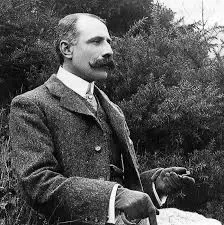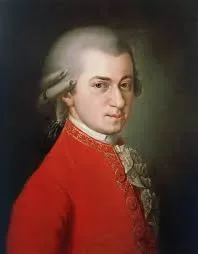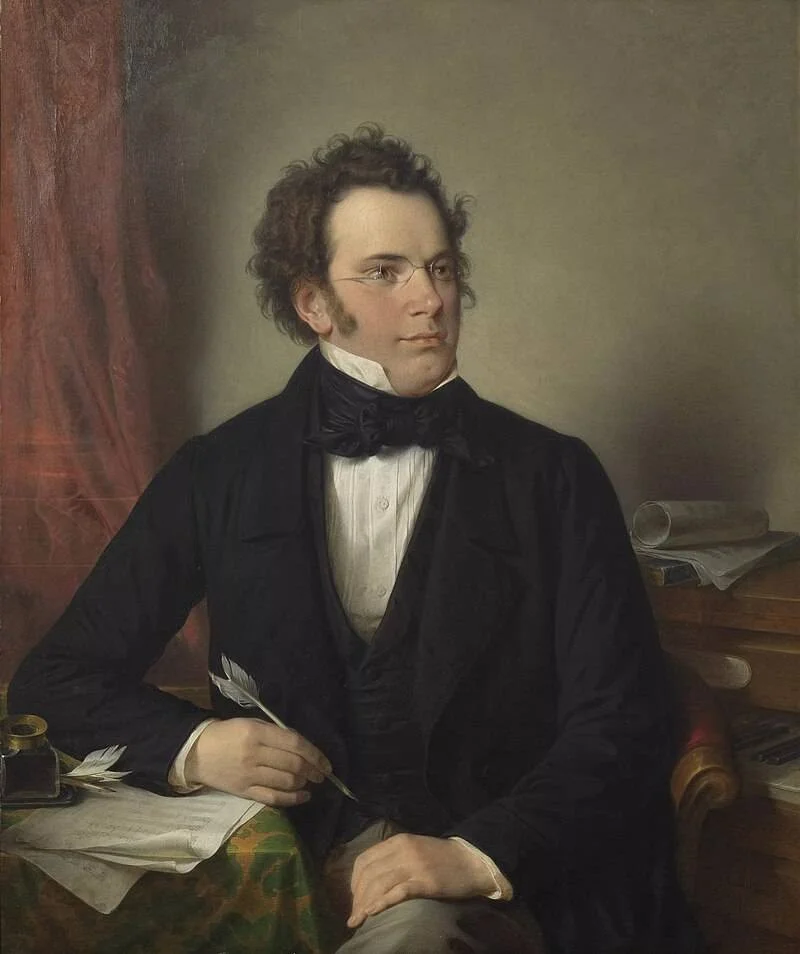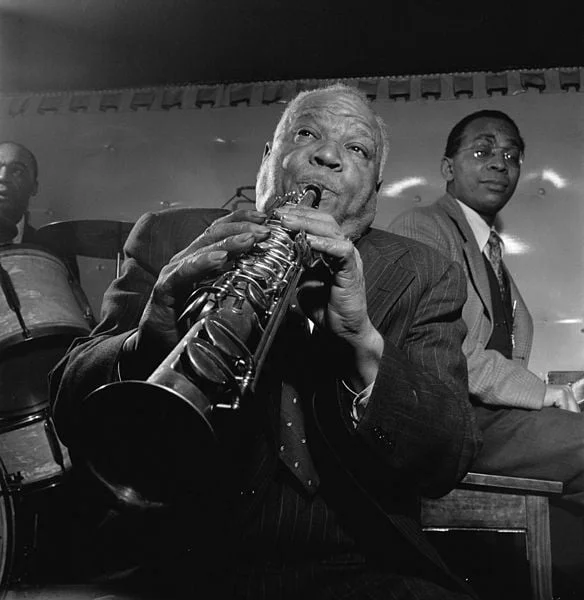Real Celebrities Never Die!
OR
Search For Past Celebrities Whose Birthday You Share

source:wikipedia.org
Edward Elgar
Birthday:
02 Jun, 1857
Date of Death:
23 Feb, 1934
Cause of death:
Colorectal cancer
Nationality:
English
Famous As:
Music composer
Age at the time of death:
76
Edward Elgar's Quote's
Introduction to Edward Elgar
Edward Elgar was a British composer. He was widely acclaimed as one of the most notable composers of the late Romantic era and the early 20th century.
Notable Compositions
Elgar’s orchestral compositions, including the Enigma Variations, Pomp and Circumstance Marches, and symphonies, have solidified his reputation.
Early Life and Family
Edward Elgar was born in the small village of Lower Broadheath, near Worcester, England, on 2 June 1857. He was the fourth child of William Henry Elgar and Ann Greening.
Musical Influences and Self-Education
Elgar’s family was deeply involved in music. Elgar’s father worked as a piano tuner and organist, while his mother nurtured his passion for music.
As a growing child, Elgar acquired proficiency in various instruments such as violin, piano, organ, and bassoon without any formal musical education. Instead, he diligently taught himself by studying scores and literature on music. In due course of time, he began composing at an early age while working as a freelance musician in Worcester and Birmingham.
Rise to Fame
Elgar’s career blossomed during the 1890s when he garnered recognition from influential figures like Hans Richter and August Jaeger.
To imbue coherence and contrast into his compositions, he often employed thematic transformation techniques along with variations.
Breakthrough with the Enigma Variations
In 1899, Elgar achieved national fame with “Variations on an Original Theme (Enigma)”, which comprised fourteen variations centered around a concealed theme representing both himself and friends close to him.
Challenges After World War I
Elgar experienced a drop in popularity after World War I, as some critics and audiences considered his music to be outdated and conservative.
Personal Life and Loss
Elgar was married to Caroline Alice Roberts in 1889. Elgar encountered personal challenges, including the loss of his wife Alice in 1920 and his own declining health.
Death and Legacy
Elgar passed away at the age of 76 in 1934 due to colorectal cancer.
Name:
Edward Elgar
Popular Name:
Edward Elgar
Gender:
Male
Cause of Death:
Colorectal cancer
Spouse:
Place of Birth:
Lower Broadheath, England
Place of Death:
Little Malvern, England
Occupation / Profession:
Personality Type
Debater: Smart and curious thinkers who cannot resist an intellectual challenge. Edward Elgar wasn’t afraid to challenge the norm even if it involved a bit of verbal sparring.
Edward Elgar worked at the solicitor’s office to make ends meet.
Elgar was knighted by King Edward VII.
He had 14 variations of his Engima composition which relates to 14 different people.
He was an amateur chemist who invented the Sulphuretted Hydrogen Apparatus.
He was known as a man of letters.
He was previously engaged to Helen Weaver.
Edward was appointed a member of the Order of Merit in 1911
He received the Cross of Commander of the Belgian Order of the Crown in 1920
He was appointed a Knight Commander of the Royal Victorian Order in 1928
He was made Master of the King’s Musick in 1924



